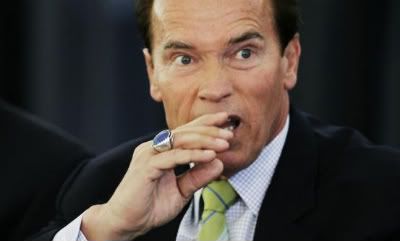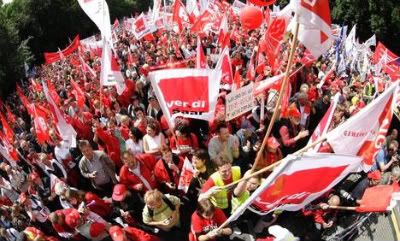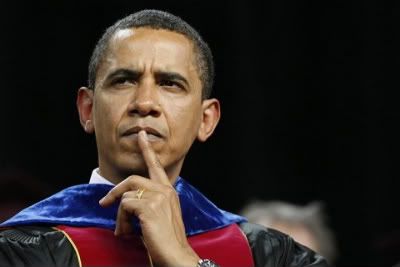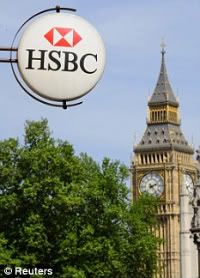Barack Obama's Rich Supporters Fear His Tax Plans Show He's a Class WarriorTHE TELEGRAPH:
Some of Barack Obama's richest supporters fear they have elected a "class warrior" to the White House, who will turn America's freewheeling capitalism into a more regulated European system.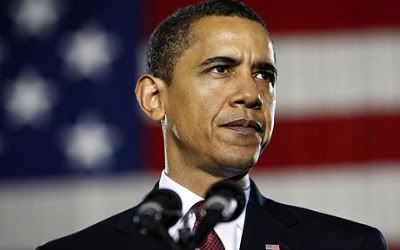 Photo courtesy of The Telegraph
Photo courtesy of The TelegraphWealthy Wall Street financiers and other business figures provided crucial support for Mr Obama during the election, backing him over the Republican candidate John McCain as the right leader to rescue the collapsing US economy.
But it is now dawning on many among them that Mr Obama was serious about his campaign trail promises to bring root and branch reform to corporate America - and that they were more than just election rhetoric.
A top Obama fundraiser and hedge fund manager said: "I'm appalled at the anti-Wall Street rhetoric. It was OK on the campaign but now it's the real world. I'm surprised that Obama is turning out to be so left-wing. He's a real class warrior."
Chris Edwards of the Cato Institute, a free enterprise think tank, said Democrats in Congress were unnerved by the president's latest plan to raise $210 billion over 10 years from multinational corporations.
The money is needed to pay for a national debt that will double over the next five years; and triple over the next 10 years to $17.3 trillion. But the crackdown already faces fierce Democratic resistance.
"These big companies are based in New York Boston, Seattle and Silicon Valley, where Democrats dominate," Mr Edwards said. "Obama's tax plan is already cleaving him from his big corporate supporters," he said.
Mr Obama made no secret of his plans to raise taxes on the "working rich" (individuals earning more than $200,000) by imposing a top income tax rate of almost 40 per cent, and there is little surprise that those plans remain on track, even during the worst economic crisis since the Great Depression.
But Democratic opposition is building in Congress to many of the President's proposals. A plan to reduce tax deductions for charitable gifts by richer people may have to be scrapped, because the charitable sector - which includes hospitals, museums and voluntary service groups - depends heavily on tax-deducted donations.
Charles Rangel, the New York chairman of the Ways and Means Committee, which drafts tax legislation, raised a red flag about the proposal last week. "I would never want to adversely affect anything that is charitable or good," he said.
Mr Obama also wants to "cap and trade" carbon emissions - seen by business as effectively yet another tax - to tackle global warming.
The president's plans are direct repudiation of the model of light touch regulation credited with creating economic growth and wealth in America in recent decades.
>>> By Leonard Doyle in Washington | Saturday, May 9, 2009

